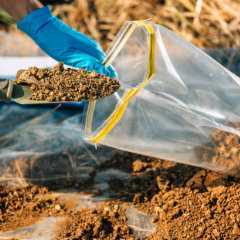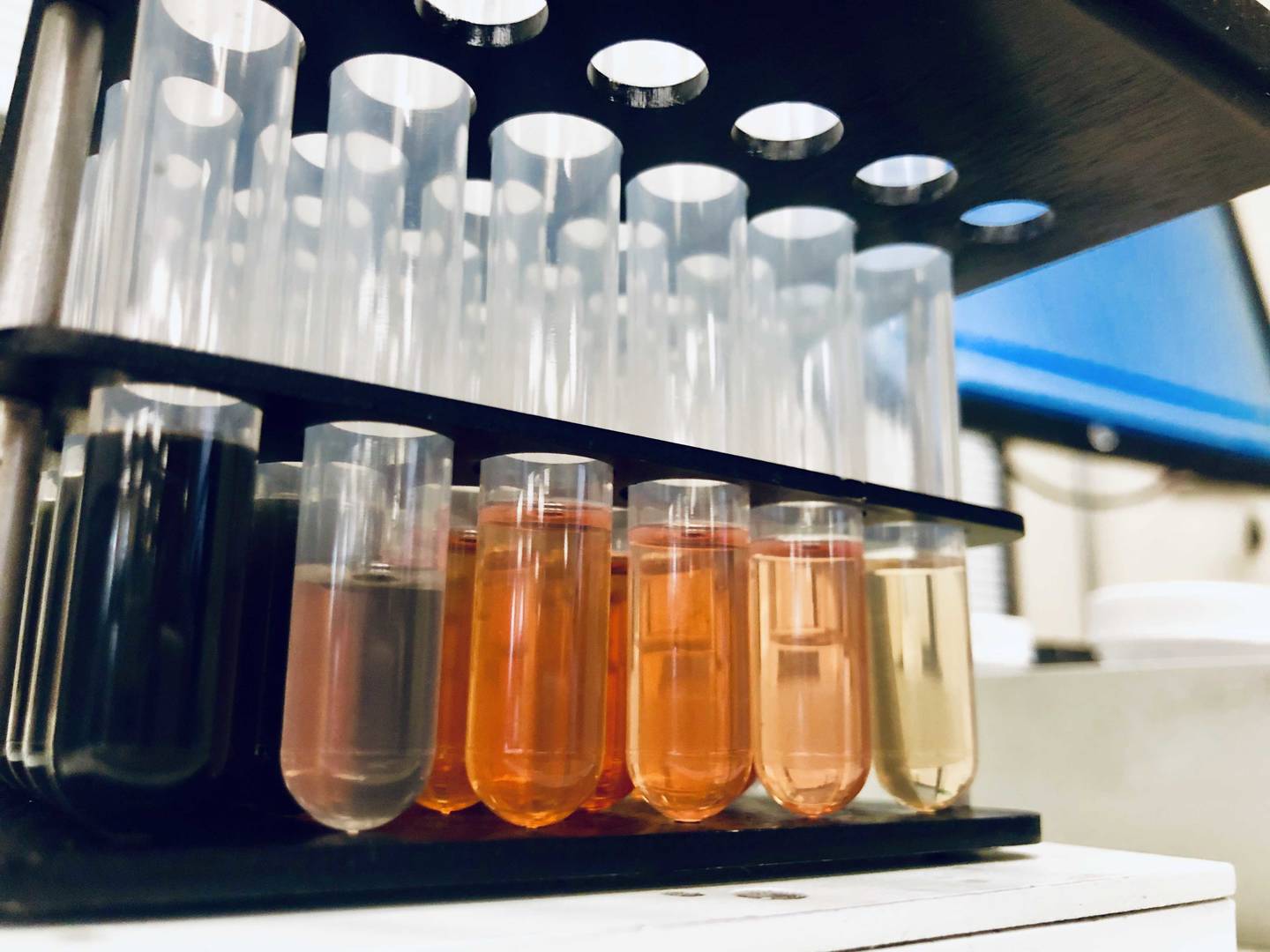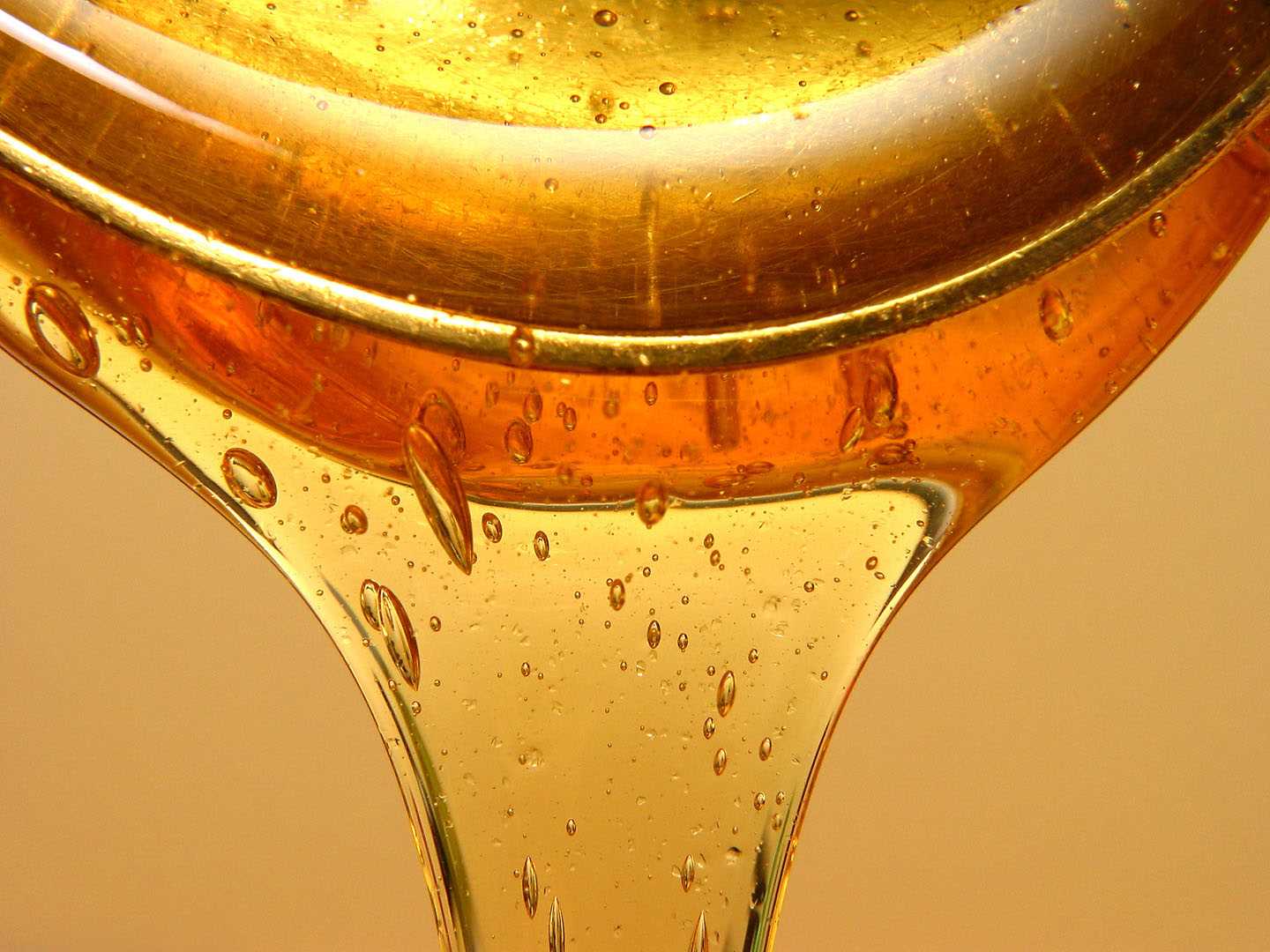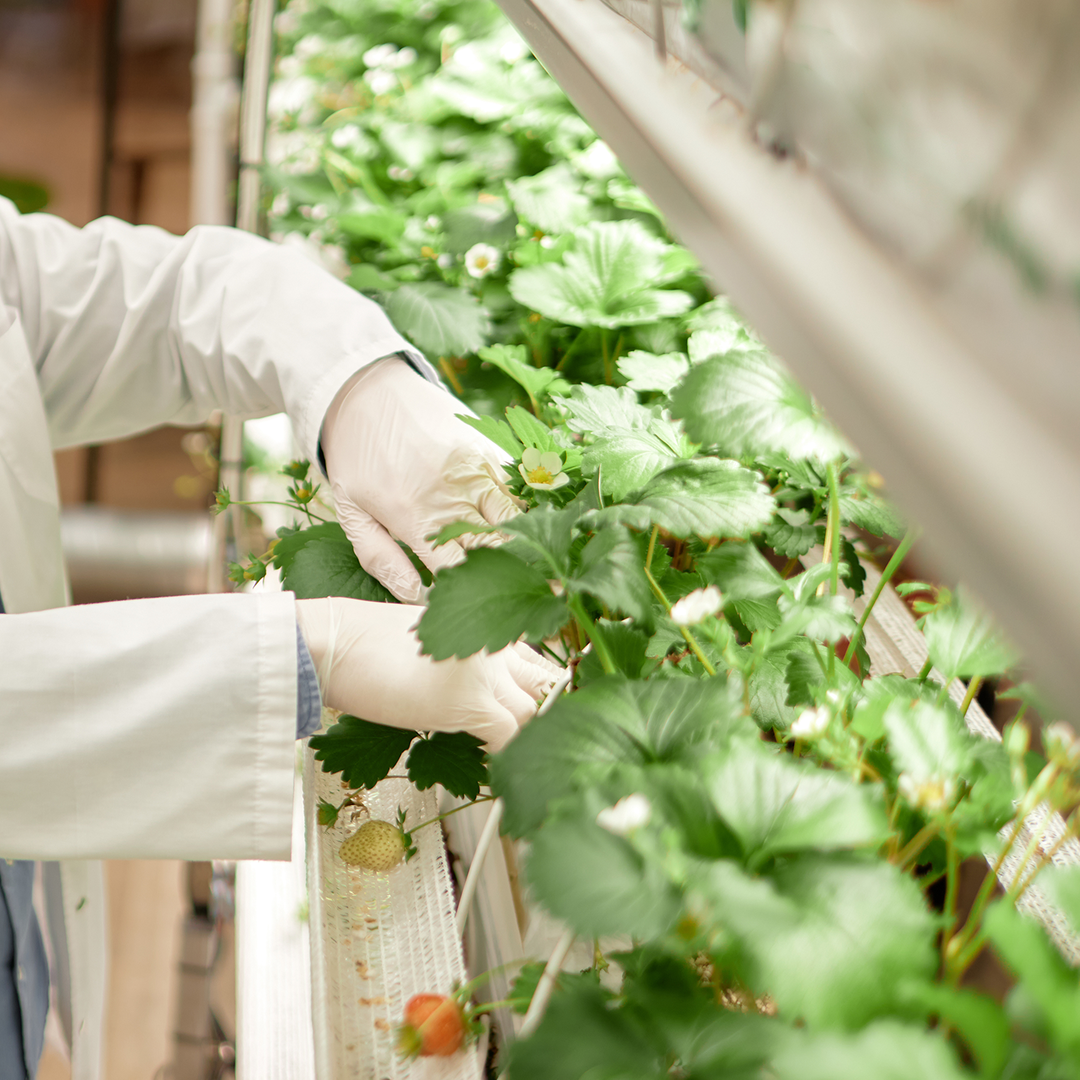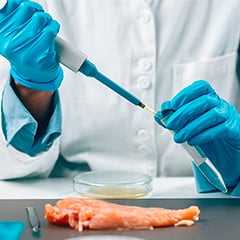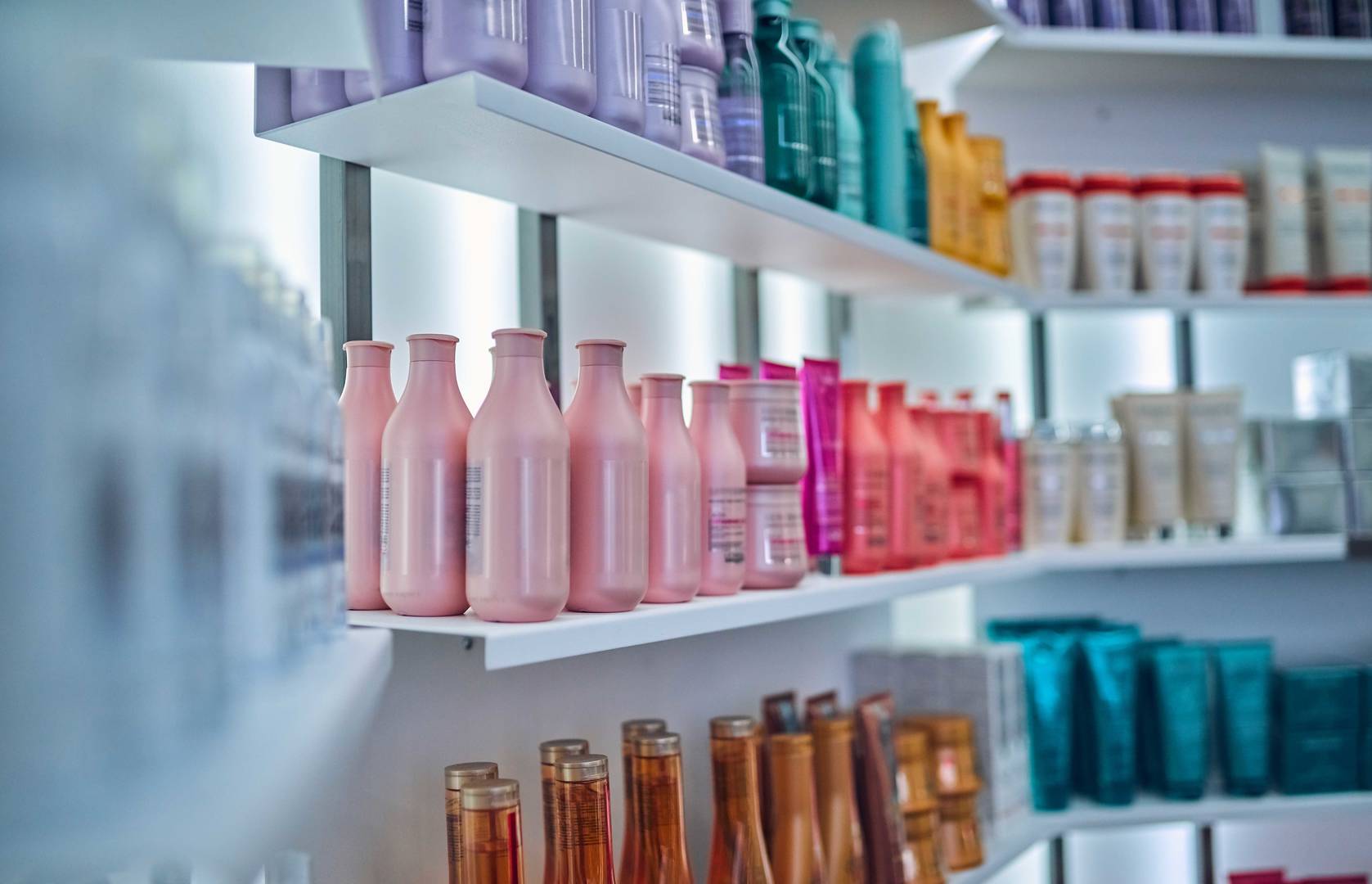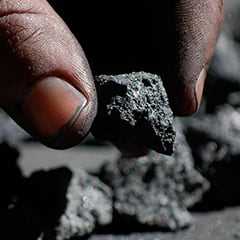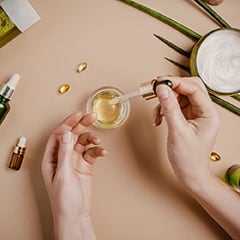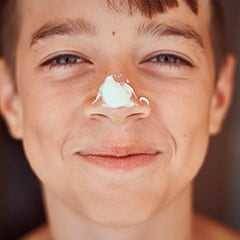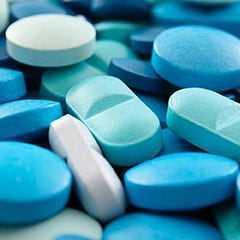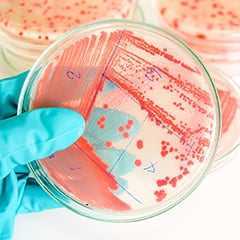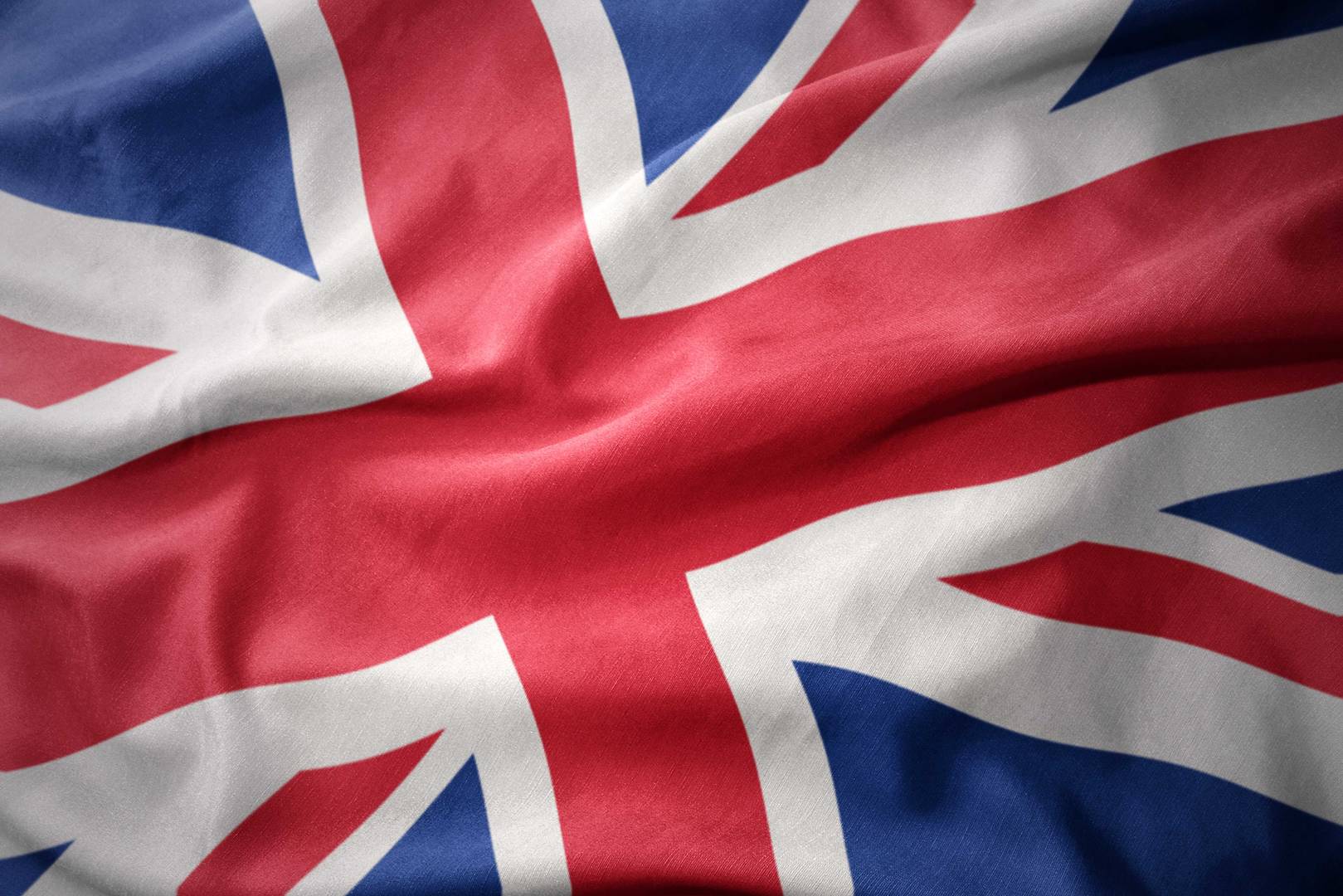Hair and Scalp Health: The Key to Beautiful Hair
When it comes to overall appearance and well-being, hair and scalp health play a crucial role.
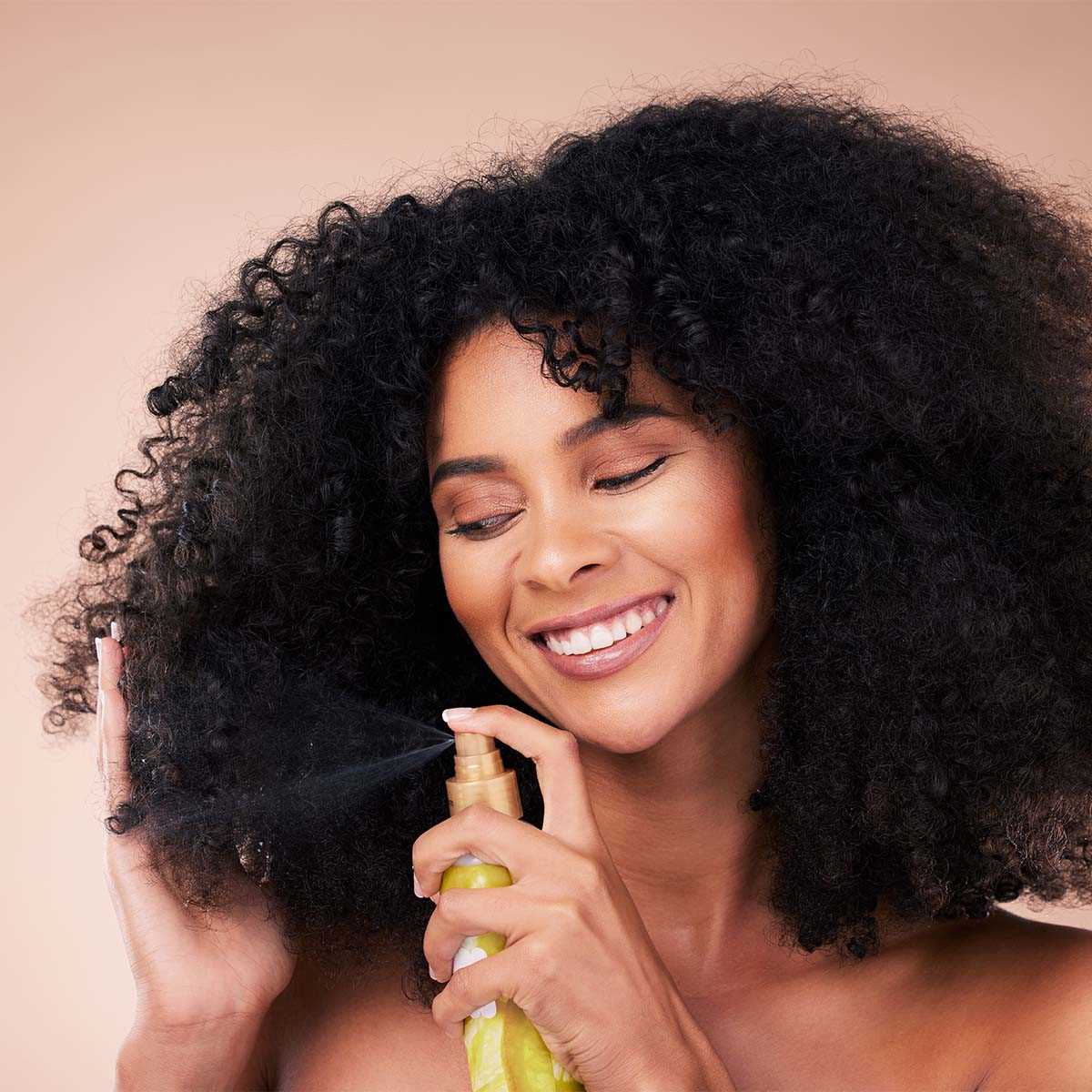
Many people are unaware that the health of their hair starts with their scalp, making it an essential area to focus on. A properly cared for scalp provides the ideal environment for healthy hair growth.
Hair is often seen as a symbol of beauty and confidence. However, issues such as dandruff, excessive oiliness, inflammation, and hair damage can disrupt the hair growth cycle and lead to undesirable conditions. These problems can significantly affect self-esteem and quality of life. The good news is that there are treatments available to address various hair issues, offering relief from unwanted symptoms and restoring self-esteem.
Maintaining hair health involves a range of approaches, from basic daily care to advanced procedures and medications. In addition to choosing the right products, regular hair washing is crucial to remove excess product residue and prevent buildup on the scalp. Using conditioners and moisturizing masks helps keep the hair nourished and hydrated. Selecting products suitable for your hair type is essential to avoid damaging your hair and scalp. It's important to note that oil accumulation can also harbor environmental pollutants, which contribute to hair health issues.
Excessive oiliness disrupts the scalp microbiome's balance, weakening its protective barrier and damaging scalp health. The buildup of product residue and natural oils produced daily by the scalp can give hair a lifeless and greasy appearance. It can also lead to itching, irritations, dandruff, and dermatitis, creating an ideal environment for the growth of fungi and bacteria. In more severe cases, excessive oiliness can cause blockages in hair follicles, making hair growth more challenging. This blockage weakens hair fibers, resulting in breakage and hair loss.
Daily Care for Healthy Hair
To maintain a healthy scalp and hair, it's essential to avoid excessive use of chemical products like hair bleach and straighteners, as well as heat sources such as straighteners and blow dryers. Excessive use can damage both the hair and the scalp, causing dryness and scaling.
Dietary habits also play a significant role in hair and scalp health. A balanced diet rich in vitamins and minerals helps keep the hair strong and shiny. Consuming fruits, vegetables, lean meats, eggs, and whole grains provides essential nutrients for hair health. Proteins, in particular, are crucial for the production of keratin, the main protein that forms hair strands.
It's important to remember that everyone is unique and may require personalized approaches to address their specific hair problems. In addition to daily care at home, seeking professional guidance from healthcare experts, dermatologists, and trichologists at the first sign of discomfort or irritation is recommended. They can assess scalp health and provide specific treatments tailored to individual cases. Obtaining an accurate diagnosis and proper recommendations for each hair type and symptom are crucial for effective treatment.
By adopting a daily care routine and seeking specialized guidance, you can achieve a healthy scalp and hair, resulting in a radiant and confident appearance.
Instrumental Measurements and Assessments for Hair Products
The Clinical Efficacy Laboratory at ALS develops studies to analyze the efficacy and safety of hair and scalp products using specific tools. These studies gradually assess hair treatments through various methods:
- Scalp Oiliness Assessment: We use the Sebumeter SM 815 device to measure scalp oiliness.
- Skin Barrier Improvement: The Tewameter® TM Nano device is employed to assess improvements in the scalp's skin barrier.
- Hair Loss and Growth Evaluation: We employ the phototrichogram method to evaluate product efficacy in reducing hair loss and promoting hair growth.
- Hair Density Assessment: By capturing images of the subjects' scalps, we can assess hair density.
- Hair Thickness Measurement: Micrometric measurements using a digital micrometer (μm) help us evaluate hair thickness.
- Hair Strength and Resistance: We conduct traction tests on hairs extracted from subjects' scalps using the Inston model 5565 device.
- Subjective Perception Studies: We gauge the efficacy of products through subjective assessments from study subjects under normal use conditions.
- Dandruff Reduction Assessment: A dermatologist and subjective perception of the study subjects are utilized to evaluate the product's clinical efficacy in reducing dandruff from the scalp.
- Scaling and Erythema Analysis: We conduct technical analyses to assess the reduction of scaling (seborrheic dermatitis) and erythema (scalp irritation).
ALS Solutions: Building Your Brand Story
While the scalp may not be as visible as the skin on our bodies, consumers are increasingly prioritizing scalp health and appearance. Consequently, the hair cosmetic industry is investing more in research and development to create products that promote a balanced scalp microbiome and provide a satisfying hair care experience. At ALS's Clinical Efficacy Laboratory, we have the necessary devices, instrumental measurements, and qualified professionals to validate the benefits of hair care products, whether for home care or professional use.
From the roots to the tips, healthy hair starts with a healthy scalp. Test your hair care products with ALS. Contact us at Beauty.usa@alsglobal.com to learn more about our solutions.



